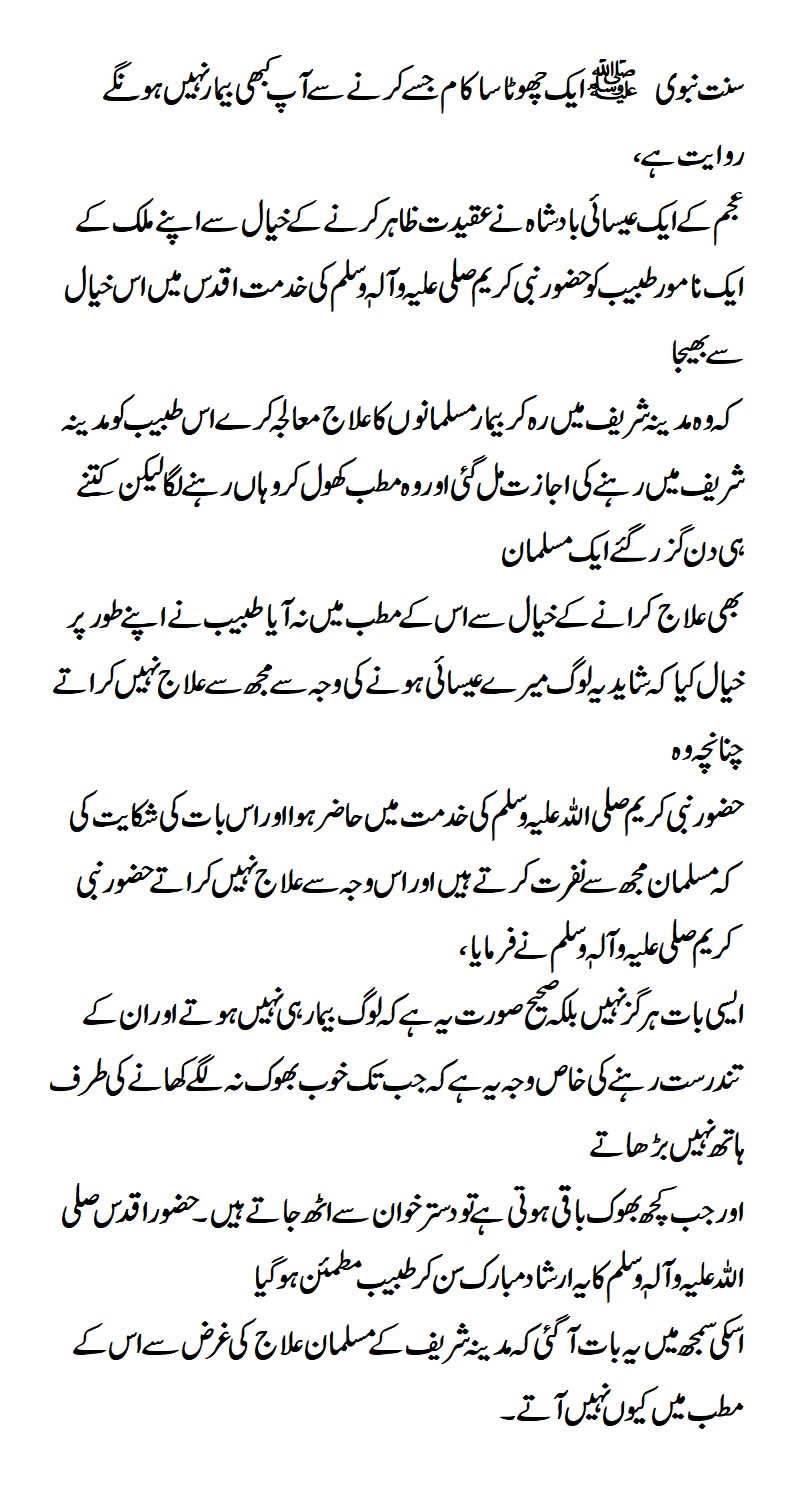With the significant growth of the Muslim population all over the world, there exists a corresponding increase in the need for mental health services that suit this group of patients. Research demonstrates the effectiveness of the integration of spirituality and religiosity into psychotherapy and how religious beliefs could affect the management plans.
This article discusses the impact of various beliefs in the Islamic faith on the bio-psychosocial model for the management of different psychiatric disorders including focusing on the modification of psychotherapeutic techniques as cognitive restructuring.
It also shows other types of therapies such as music therapy, meditation therapy, and aromatherapy. The main emphasis remains to ensure that Muslim psychiatric patients get ethical, acceptable, and effective treatment.
Islam is a monotheistic religion based on revelations to the Prophet Muhammad 1400 years ago, which were recorded in the sacred Quran (Koran). The word Islam in Arabic means “submission,” reflecting the central core of Islam, which is the submission to the will of God.
According to the statistics from new population projections by the Pew Research Center’s Forum on Religion and Public Life, there are 1.65 billion Muslims worldwide and it is expected to increase by about 35% in the next 20 years, to reach 2.2 billion by 2030; making Islam the second largest religion in the world after Christianity.
